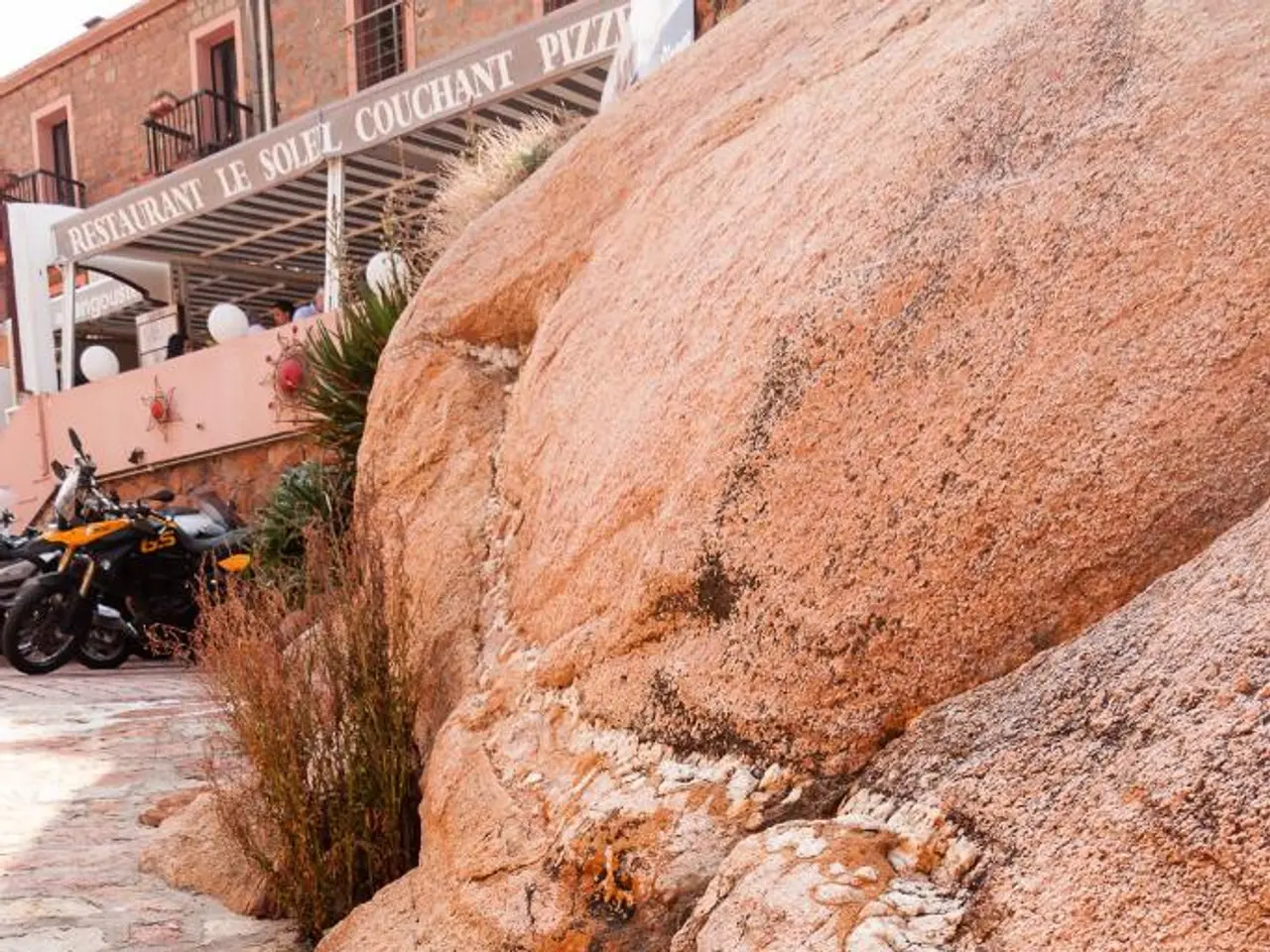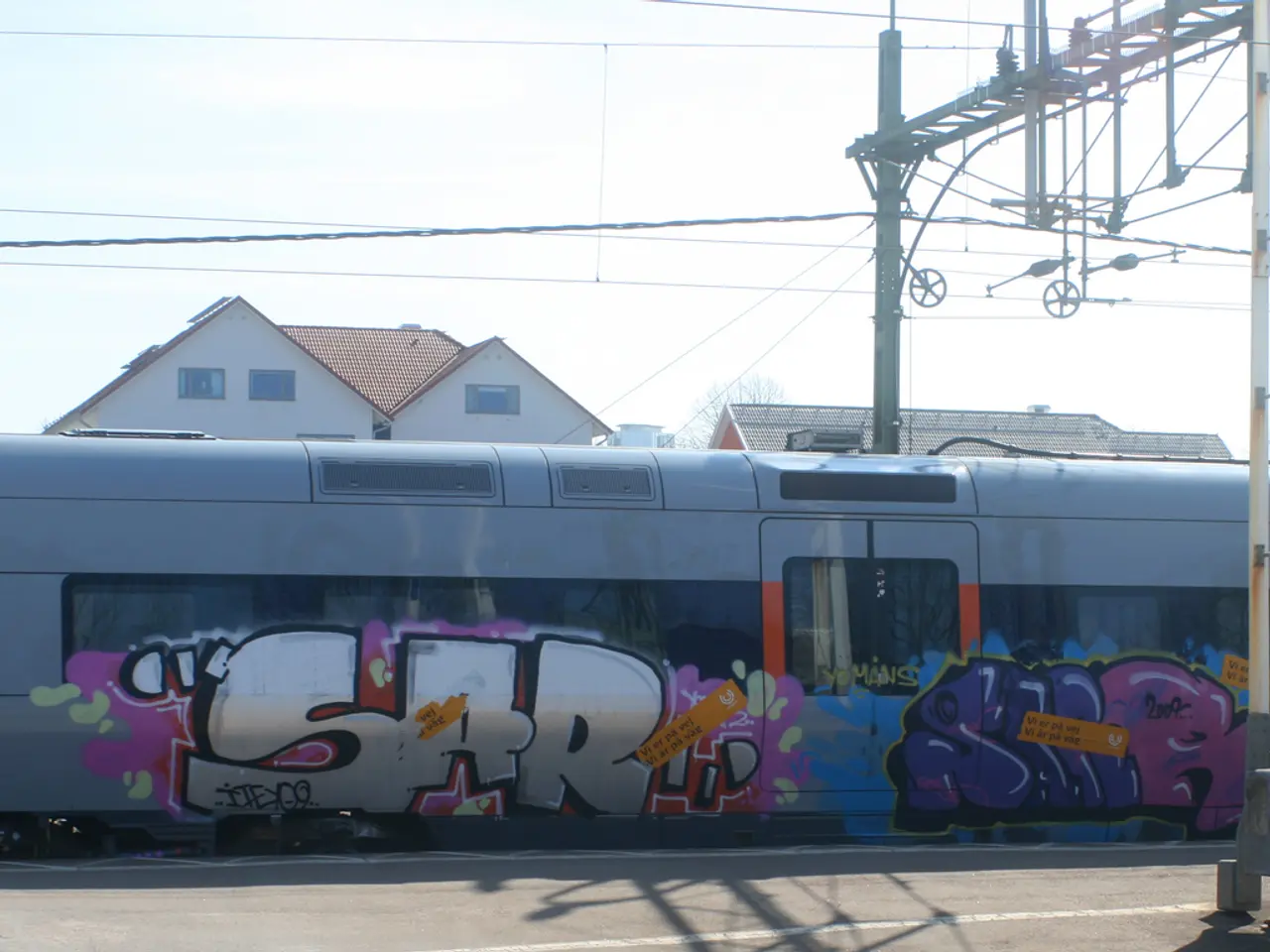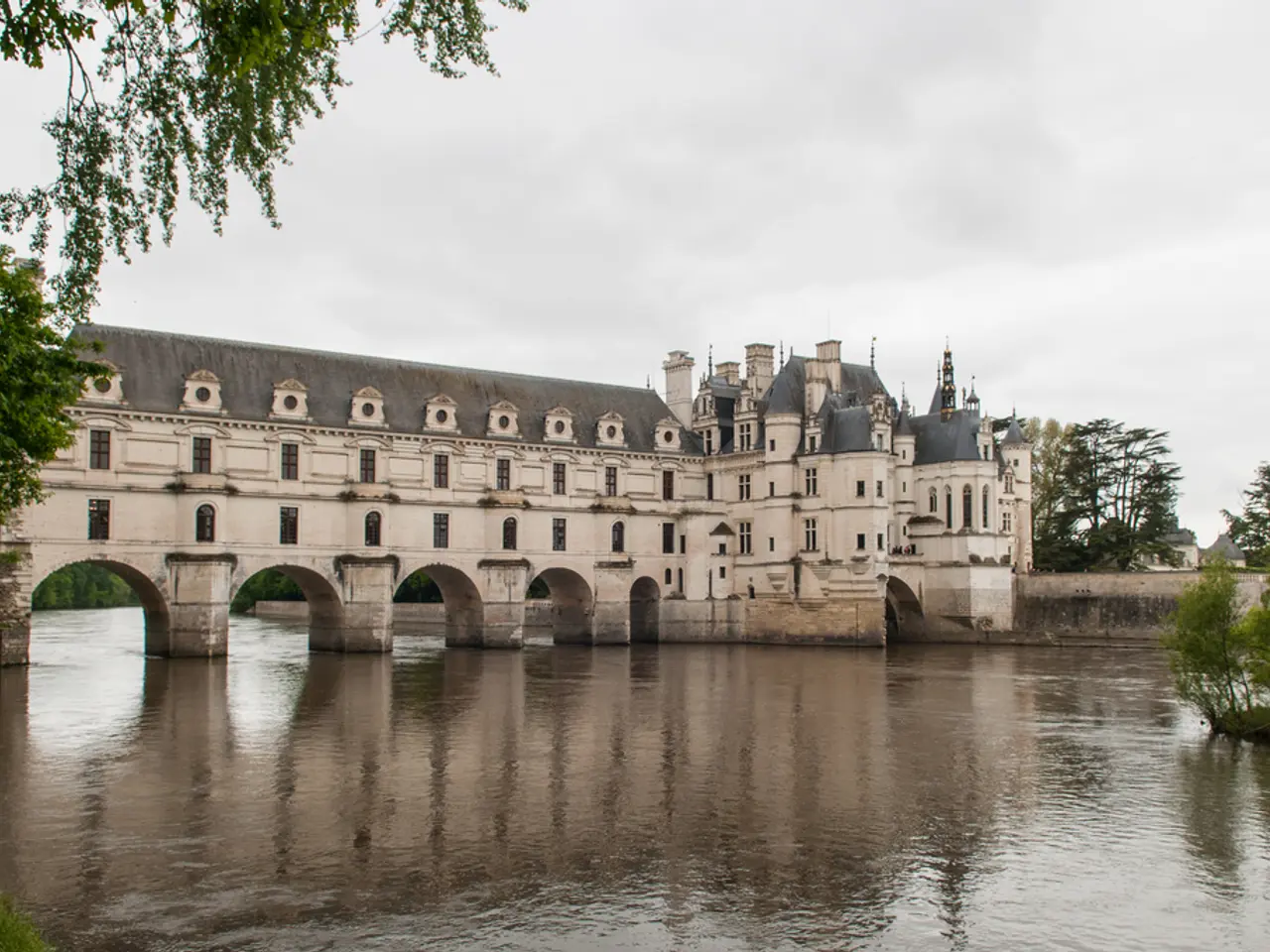"Wishing the footwear to adhere to the baby's trail"
In the picturesque Outaouais region of Quebec, five municipalities are preparing for a historic moment. On August 31, 2025, referendums will be held in Duhamel, Lac-des-Plages, Lac-Simon, Chénéville, and Saint-Émile-de-Suffolk, marking the first time such democratic assessments have been organised to gauge citizen opposition to a mining project [1][3]. The project at hand is the La Loutre graphite mining project, an open-pit mine that, if realised, would be the seventh most important graphite deposit in the world [1].
The proposed mine has sparked concern among local residents and businesses. Geneviève Gagnon, owner of Quincailleries Gagnon, echoes the sentiments of many when she hopes that the Quebec government's promise of "no social acceptability, no project" will be upheld [1]. The Regroupement de protection des Lacs de la Petite-Nation (RPLPN) has launched a civic campaign advocating against the mining project, highlighting potential risks to water quality, public health, property values, and the region’s tourism identity [1].
The La Loutre project, if approved, would allow for the extraction of nearly 65 million tonnes of rock with a 4.6% graphite content for at least 15 years [1]. Graphite is considered a strategic mineral as it is essential in battery production [1]. China currently leads with over 77% of global graphite production [1]. Despite this, the Quebec government has decided not to fund the project due to lack of social acceptability [1]. However, even without funding, the government could still grant Lomiko, the mining company behind the project, a permit.
Lomiko Metals company holds 76 mining claims near Lake Dore in Outaouais, and has recently obtained authorization for "impact" exploration work from the Ministry of Natural Resources and Forests (MRNF) [1]. The project would be located on a 4528-hectare site, about five times the size of the Mont-Saint-Bruno national park in Monteregie [1].
The municipalities have taken the initiative to hold these referendums, with David Pharand, mayor of Duhamel, stating that it's the municipality's responsibility to prepare a public consultation and ask the promoter to explain their project [1]. The results of these referendums will not have a binding character, but opponents hope they will demonstrate a strong majority against the project [1].
The Quebec government supports the principle that no mining project will proceed without social license, a principle that these referendums seek to clarify [1]. However, some question the legality and effectiveness of referendums in this context. Julie Reid-Forget, a former vice-president of the Bureau d'audiences publiques sur l'environnement (BAPE), notes that having a referendum is a bit contentious [1]. Danielle Pilette, a professor at UQAM specializing in urban planning and governance issues, notes that a mining project can have significant impacts on the territory and economy of the municipalities [1].
Rodrigue Turgeon, co-spokesperson of Mining Watch Canada's national campaign and spokesperson for the Quebec Better Mine Coalition, believes it's good news for democracy [1]. The ongoing referendums in the Outaouais region are a testament to the power of community action and the importance of citizen participation in decisions that affect their lives and environment.
[1] - Source: La Presse, Le Devoir, CBC News, and local news outlets in the Outaouais region. [3] - Source: RPLPN press release, dated April 1, 2023.
- The ongoing referendums in the Outaouais region, concerning the La Loutre graphite mining project, showcase a significant intersection of environmental science and politics, as citizens strive to voice their concerns about potential risks to water quality, public health, property values, and the region's tourism identity.
- The results of these referendums, despite not being legally binding, will contribute to the general news discourse, shedding light on the importance of social acceptance in environmental-science-related decisions, ultimately impacting the broad public's perception of mining projects and the role of democracy in their approval processes.






